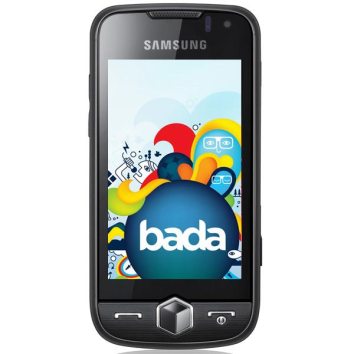
Samsung sold over 2 million Bada smartphones globally, while just 1.7 million Windows Phones have sold.
[aditude-amp id="flyingcarpet" targeting='{"env":"staging","page_type":"article","post_id":319059,"post_type":"story","post_chan":"none","tags":null,"ai":false,"category":"none","all_categories":"business,mobile,","session":"A"}']The figures are yet another embarrassment for Microsoft, which desperately needs Windows Phone to be a success. The company has another shot at grabbing consumers with the upcoming Mango update, but if that fails Microsoft will have a difficult time reclaiming its mobile relevance.
Global smartphone sales totaled 428.7 million units for the quarter, a 16.5 percent increase from last year. Smartphones accounted for 25 percent of mobile sales, compared to 17 percent last year.
AI Weekly
The must-read newsletter for AI and Big Data industry written by Khari Johnson, Kyle Wiggers, and Seth Colaner.
Included with VentureBeat Insider and VentureBeat VIP memberships.
“Smartphone sales continued to rise at the expense of feature phones,” Roberta Cozza, principal research analyst at Gartner, said in a statement today. “Consumers in mature markets are choosing entry-level and midrange Android smartphones over feature phones, partly due to carriers’ and manufacturers’ promotions.”
Google’s Android mobile platform saw the biggest gains overall from last year, jumping from 17.2 percent of the global smartphone market to 43.4 percent. Apple’s iOS also saw a minor jump from 14.1 percent to 18.2 percent of the market. Nokia’s Symbian platform was the biggest loser, dropping from 40.9 percent of the market last year to 22.1 percent, followed by RIM’s BlackBerry, which fell from 18.7 percent to 11.7 percent.
Bada’s overall market share jumped from .9 percent to 1.9 percent, but that’s still better than Microsoft’s take, which fell from 4.9 percent (mostly consisting of legacy Windows Mobile users) to 1.6 percent.
VentureBeat's mission is to be a digital town square for technical decision-makers to gain knowledge about transformative enterprise technology and transact. Learn More
